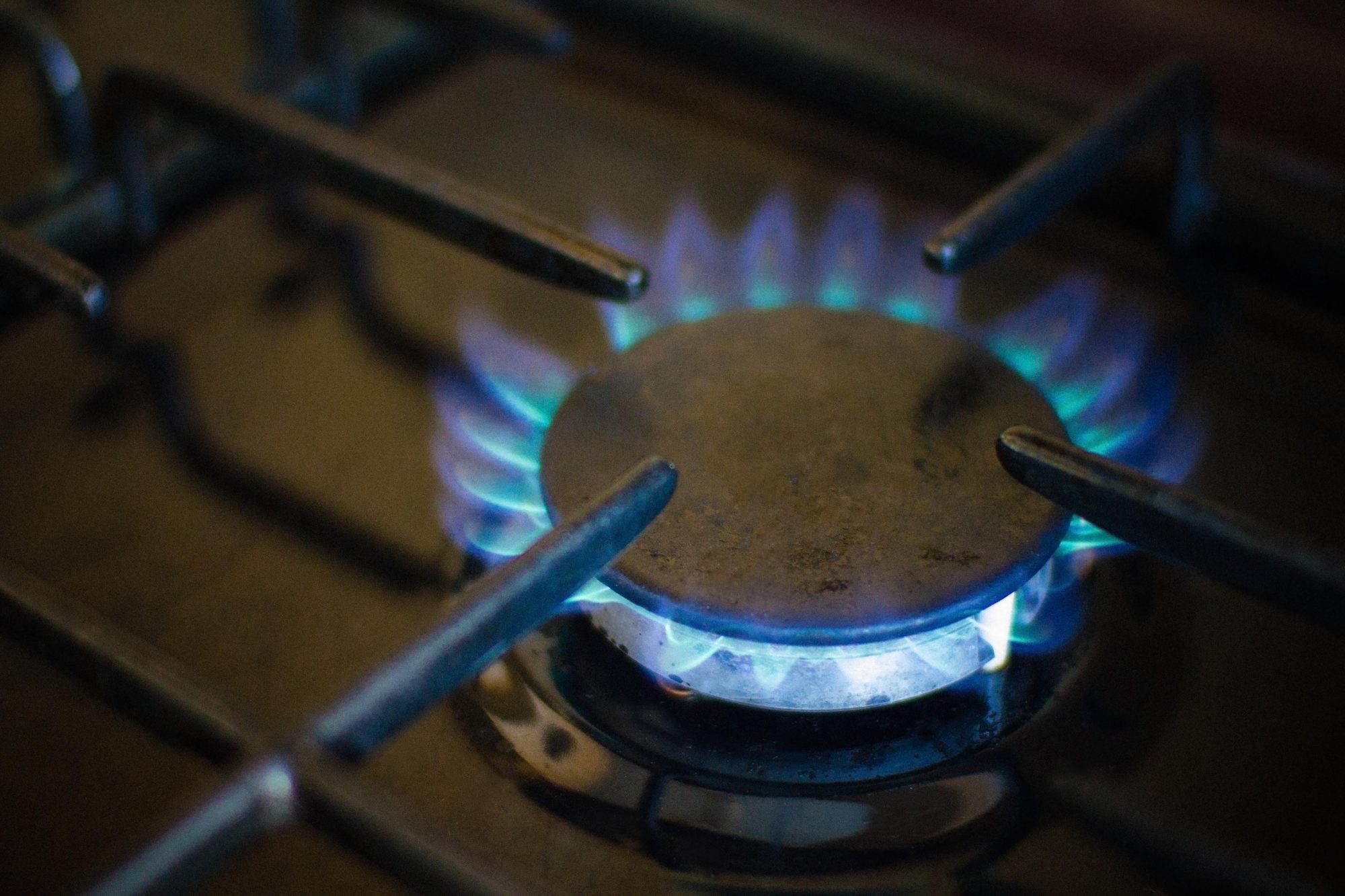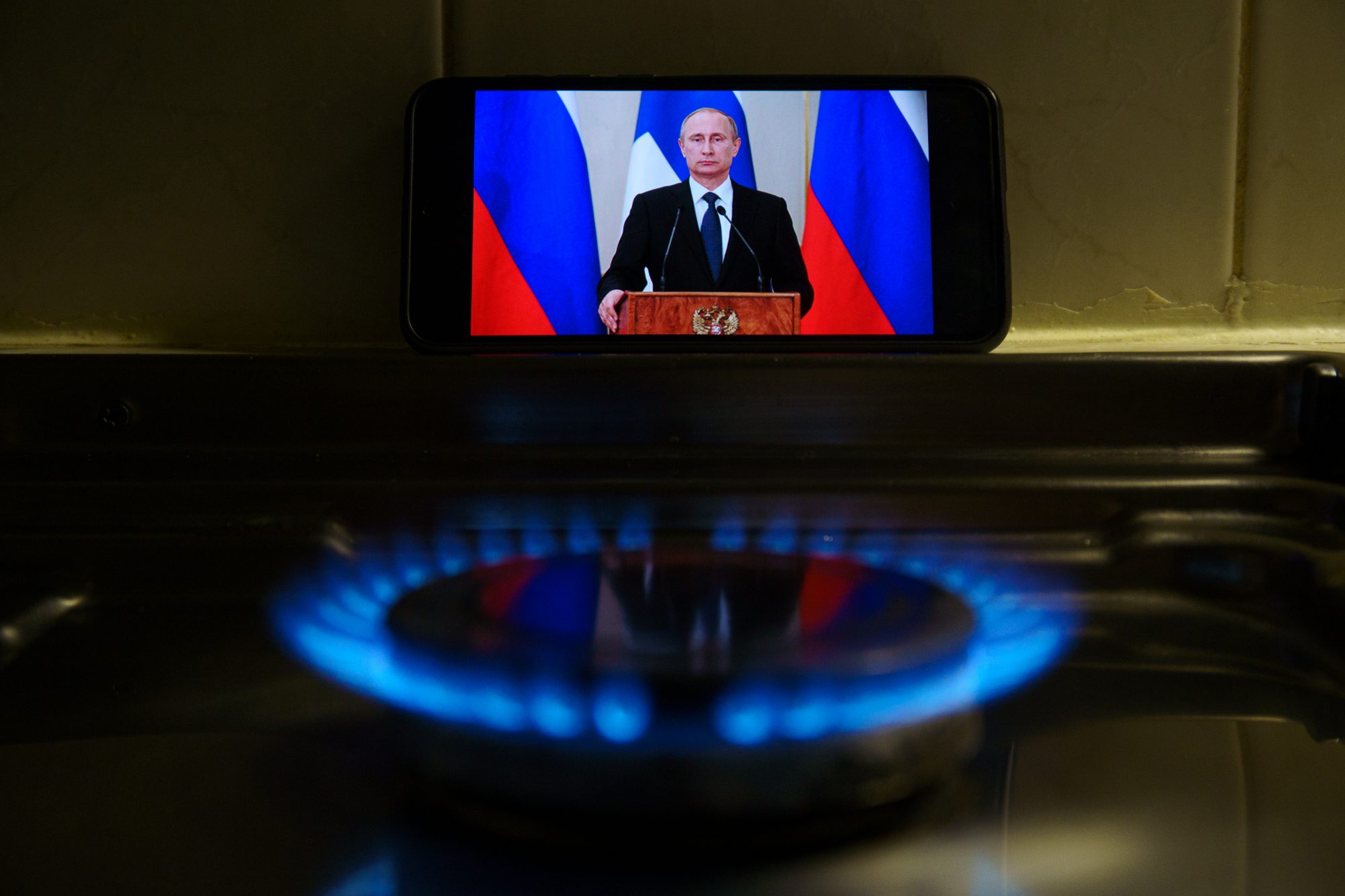EU to cut gas use by 15% in response to Putin’s weaponisation of energy exports – moving one step closer to reducing dependency on Russian energy
Further gas supply cuts from Russia are extremely likely and so the EU is trying to keep one step ahead of the game.
To mitigate future energy disruption, the EU has proposed a European Gas Demand Reduction Plan, to reduce gas use in Europe by 15% until next spring.
Member states are already being badly affected by reduced deliveries from Russia and so it is hoped that cutting gas use now will reduce the risk and cost of further disruption.
It is advised that everyone – consumers, public administrations, households, owners of public buildings, power suppliers and industry – should save gas.
Diversifying gas supply whilst safeguarding
Strengthening the EU’s gas supply is another route the Commission is taking. The aim is to diversify supply which includes joint purchasing of gas.
The Plan focuses on the substitution of gas with other fuels. It aims to oversee overall energy savings in all sectors whilst safeguarding supply to households and essential users like hospitals.
Industries that provide essential products and services to the economy, and for EU supply chains and competitiveness will also be included in safeguarding. The Plan delineates guidelines on gas reduction.

Union Alert to impose mandatory gas demand reduction
The Commission is proposing a new Council Regulation on Coordinated Demand Reduction Measures for Gas, based on Article 122 of the Treaty.
Under this Regulation, all Member States would have to reduce gas demand by 15% between 1 August 2022 and 31 March 2023.
The new Regulation would also allow the Commission the possibility to declare a ‘Union Alert’ on the security of supply and impose a mandatory gas demand reduction on all Member States.
This alert could only be triggered when there is a risk of a severe gas shortage or an exceptionally high gas demand.
By the end of September, Member States should update their national emergency plans to demonstrate how they will meet reduction targets. An update on progress should be reported to the Commission every two months.
Member States who request solidarity gas supplies will have to illustrate exactly what they have done to reduce demand domestically.
Saving and substituting gas for further down the line
It is vital that the EU plans for future needs and so by substituting gas with other fuels and saving energy this summer, gas can be saved for winter.
Not only will this hopefully avoid an energy crisis in winter, acting now will also reduce the negative GDP impact.
If implemented quickly enough, the European Gas Demand Reduction Plan will ease market and price volatility and allow sufficient time for a thorough and targeted plan to protect the energy industry.











